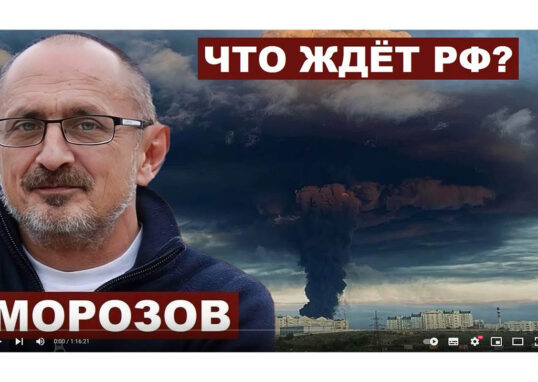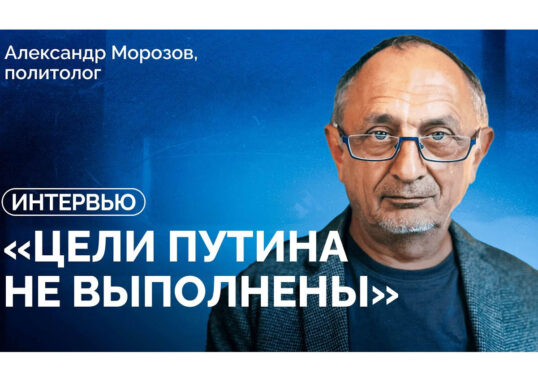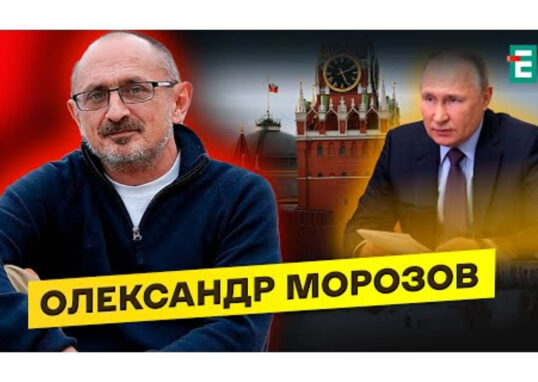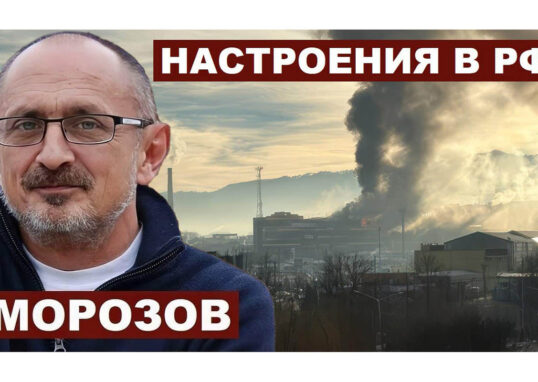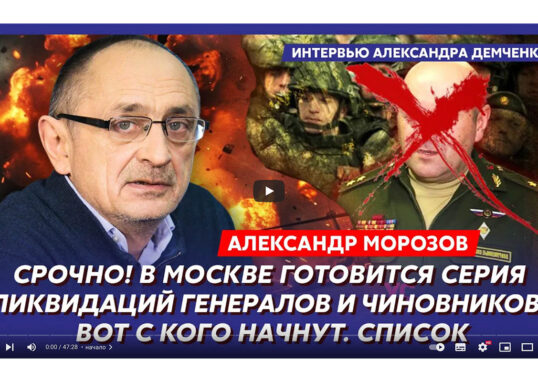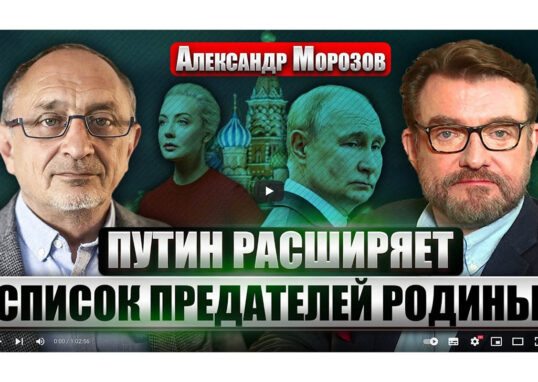Recent developments in Russia show two trends in relation to the Russian-speaking communities in Europe. On the one hand, a formation of a new way of the Russian emigration is taking place. On the other hand, Russian communities abroad become subjects of targeted Kremlin policies aimed at foreign compatriots. In our short interview ICELDS discusses these issues with Alexander Morozov, a well-known Russian political scientist and a co-director of the Prague-based Boris Nemtsov Academic Center for the Study of Russia established at the Faculty of Arts of the Charles University.
ICELDS: Following the aggression against Ukraine, a special focus is made on how the Kremlin can take advantage of the Russian-speaking communities outside Russia. How do you assess the danger of using these tactics in the new geopolitical situation?
Alexander Morozov: I see two aspects here. First, it is obvious that the Kremlin has somewhat curtailed the concept of the so-called “Russian world”. The Kremlin counted on it in 2014 and maybe in 2015, but currently this concept takes second billing. Nevertheless, media produced by the Russian state broadcasters in the Russian language are still filled with Kremlin interpretations of certain events. The “RT” or “Sputnik” do not make a decisive impact here because they actually have rather small coverage. A more dangerous trend is the same headers which are being pumped into search engines and mail servers. In the end, some interpretations and narratives simply fall down to the level of kitchen talk. The problem is not the number of likes a particular material collects. It is much more important how some interpretations generally move in the information flow. In this sense, the negative and toxic influence of the Kremlin is clearly visible. The attention is focused on this in Europe. For example, we can say that, of course, Russia does not create the problem of anti-immigrant sentiments, but it is the Kremlin who repeatedly tries to escalate this topic.
A constant criticism of the European establishment is also a part of it. The Kremlin also creates a continuous information flow here. When a crisis within the national government of some European country occurs, the Kremlin starts to throw its propaganda materials on this issue.
ICELDS: Today we can also observe the formation of a new Russian-speaking diaspora by efforts of the current wave of emigration from Russia. How do you see the role of this diaspora?
AM: This is a difficult question because of a strong tendency to compare the current flow with the two previous waves of the Russian emigration. The first wave took place in the early 1920s after the Civil War in Russia, while the second one occurred in the 1970s. These comparisons are not entirely appropriate, since the first wave was triggered by the civil war and the second one involved the factor of the Iron Curtain. As for the current wave, it can primarily be called the wave of cultural emigration. More and more Russian cultural platforms have been recently emerging in Europe. It is important that these platforms are being created jointly with other ethnic groups. If you look at cultural festivals, you can see Ukrainians and Belarusians living in Europe, as well as local residents there. Currently it is still impossible to fully evaluate this process since it is still developing. However, it is clearly visible that people want to get rid of the regime’s pressure. I think that this trend will result in a growing number of independent Russian media abroad, foreign-based educational platforms and grant programs to support relevant activities. I believe that this is very important. It is clear that the capacities of the opposition forces in Russia are severely limited in their ability to act. Nothing can be done there until the Kremlin itself decides to somehow make concessions to the society. Therefore, the most important thing now is simply to increase the possibilities of the so-called cultural resistance abroad. It is useful in any case.
Interview conducted by Dr. Viktor Denisenko
Note: This text was prepared in cooperation with InBaltic.
